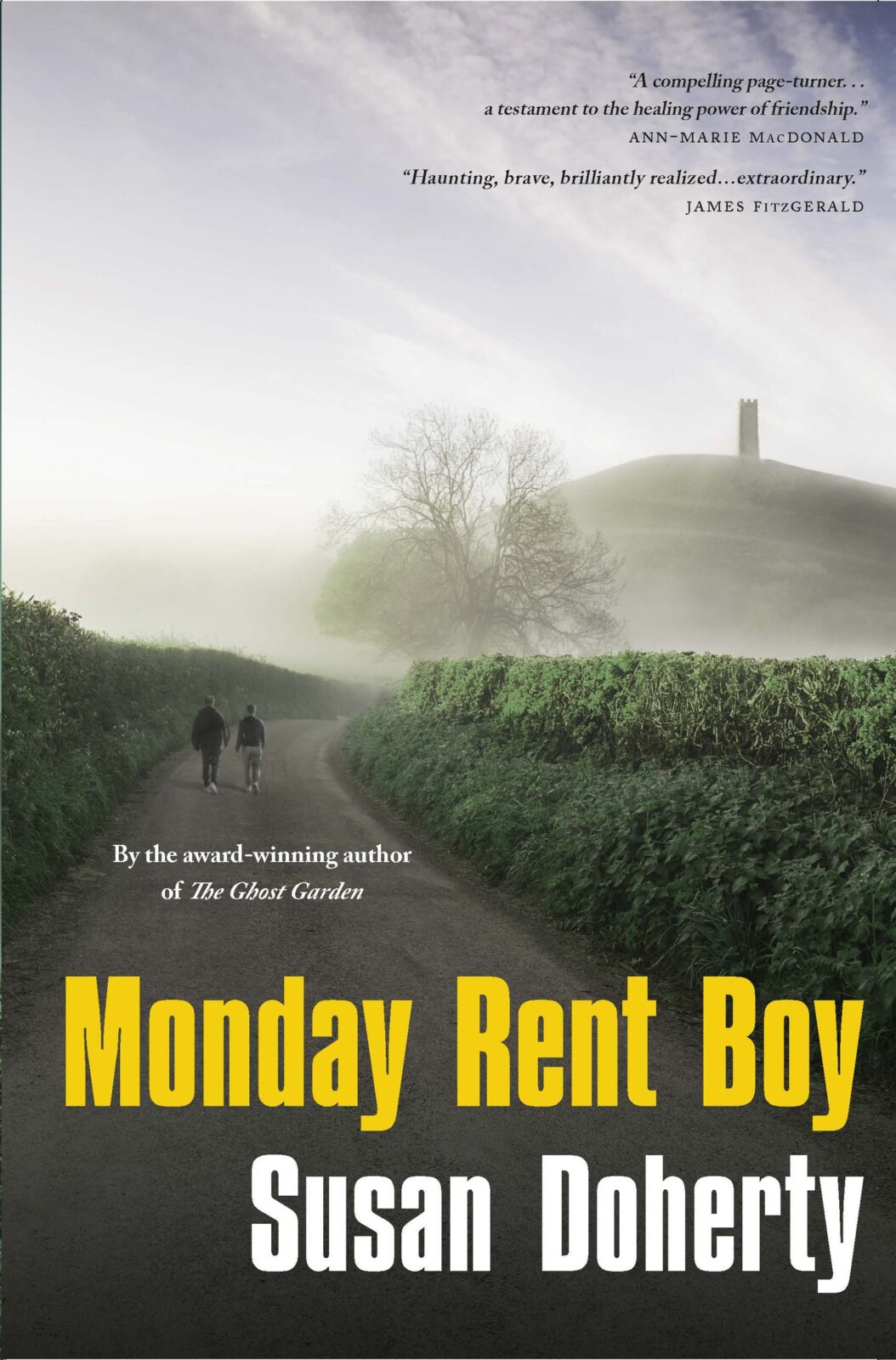A Fine Passage
France Daigle
House of Anansi Press
$18.95
paper
113pp
0-88784-681-5
A Fine Passage is clear, smooth, and polished. However, those familiar with France Daigle’s work will remark the absence of her trademark: the warm, expansive tones of her voice-of-God narrator, who informs and illuminates with all the earnest drive of a documentary voice-over. Whether holding forth on Alfred Kinsey’s carreer, the formation of deltas or the history of the Nobel Prize, this familiar, enveloping voice always intrigues and transports. In A Fine Passage, the characters have seemingly broken free of this all-knowing authority, choosing instead to lead their own vagabond itineraries, uprooted from facts and history. mRb






0 Comments